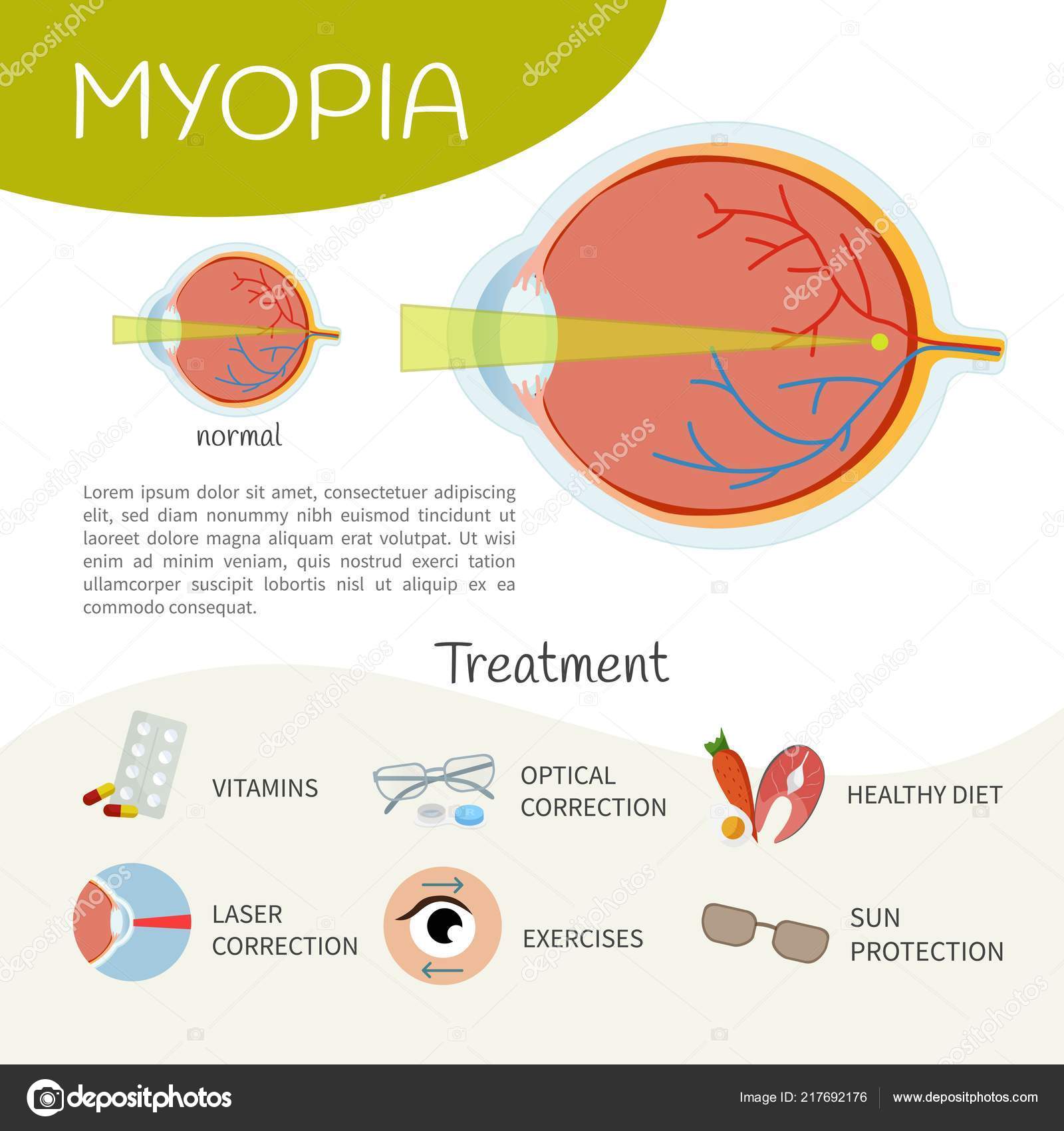Contemplating SMILE Surgical Treatment? Discover Important Factors To Consider And Understandings To Assist You In Making An Experienced Decision Regarding Your Aesthetic Prospects
Contemplating SMILE Surgical Treatment? Discover Important Factors To Consider And Understandings To Assist You In Making An Experienced Decision Regarding Your Aesthetic Prospects
Blog Article
Produced By- cataract surgery and x-rays
If you're contemplating SMILE eye surgical treatment, ponder this: are you prepared to accept possible visual liberty, or does the idea of any kind of dangers make you think twice? Your choice will depend upon a cautious balance of considering the benefits against the unpredictabilities. It's crucial to delve much deeper into the subtleties of SMILE surgical procedure to make an informed choice that aligns with your visual objectives.
Recognizing SMILE Eye Surgical Procedure
When considering SMILE Eye Surgical procedure, it is necessary to comprehend the procedure and its benefits. SMILE, which means Tiny Laceration Lenticule Extraction, is a minimally intrusive laser eye surgery that corrects usual vision problems like myopia (nearsightedness).
Throughout the procedure, your eye doctor will certainly make use of a femtosecond laser to develop a small incision in your cornea. Through this laceration, a tiny disc of tissue called a lenticule is eliminated, reshaping the cornea and fixing your vision.
Among the essential benefits of SMILE Eye Surgical treatment is its quick recovery time. Many individuals experience enhanced vision within a day or more after the procedure, with marginal discomfort.
In addition, SMILE is known for its high success price in offering long-lasting vision correction. Unlike LASIK, SMILE doesn't need the creation of a flap in the cornea, minimizing the danger of complications and enabling an extra secure corneal structure post-surgery.
Understanding the procedure and its benefits is essential when taking into consideration SMILE Eye Surgery for vision adjustment.
Benefits and drawbacks of SMILE
Considering SMILE Eye Surgical treatment for vision improvement features different benefits and potential drawbacks.
One of the main pros of SMILE is its minimally intrusive nature, as it involves a little cut and commonly results in quick healing times. The treatment is additionally recognized for triggering marginal pain and dry eye symptoms post-surgery compared to various other vision correction techniques. Furthermore, SMILE has actually been shown to give superb aesthetic end results, with lots of people attaining 20/20 vision or far better.
On the other hand, a potential con of SMILE is that it may not be suitable for people with serious refractive errors, as the treatment variety is somewhat limited compared to LASIK. Another consideration is that the understanding contour for cosmetic surgeons carrying out SMILE can impact the availability of seasoned providers in specific areas.
It is very important to weigh these benefits and drawbacks very carefully when making a decision if SMILE is the right choice for your vision modification requirements.
Determining Qualification for SMILE
To establish if you're qualified for SMILE eye surgical treatment, your optometrist will perform an extensive analysis of your eye wellness and vision needs. During this analysis, factors such as the security of your vision prescription, the density of your cornea, and the overall wellness of your eyes will be analyzed.
Generally, candidates for SMILE more than 22 years of ages, have a secure vision prescription for at least a year, and have healthy and balanced corneas without conditions like keratoconus.
Your ophthalmologist will likewise consider your general eye wellness, any kind of existing eye problems, and your way of life requires to determine if SMILE is the ideal selection for you. It's necessary to communicate any details aesthetic demands or worries you may have throughout this evaluation to guarantee that the treatment aligns with your assumptions.
If you aren't eligible for SMILE, your optometrist may advise alternative vision improvement alternatives that better match your individual needs and eye health standing.
cataract surgery 20/40 , choosing whether SMILE eye surgery is right for you needs careful consideration of your private eye health and wellness and aesthetic demands. Talk to your ophthalmologist to establish your eligibility for the treatment and weigh the possible benefits and drawbacks. Keep in mind to connect any type of worries or inquiries you may have during the assessment procedure to make an enlightened choice about your vision improvement options.
